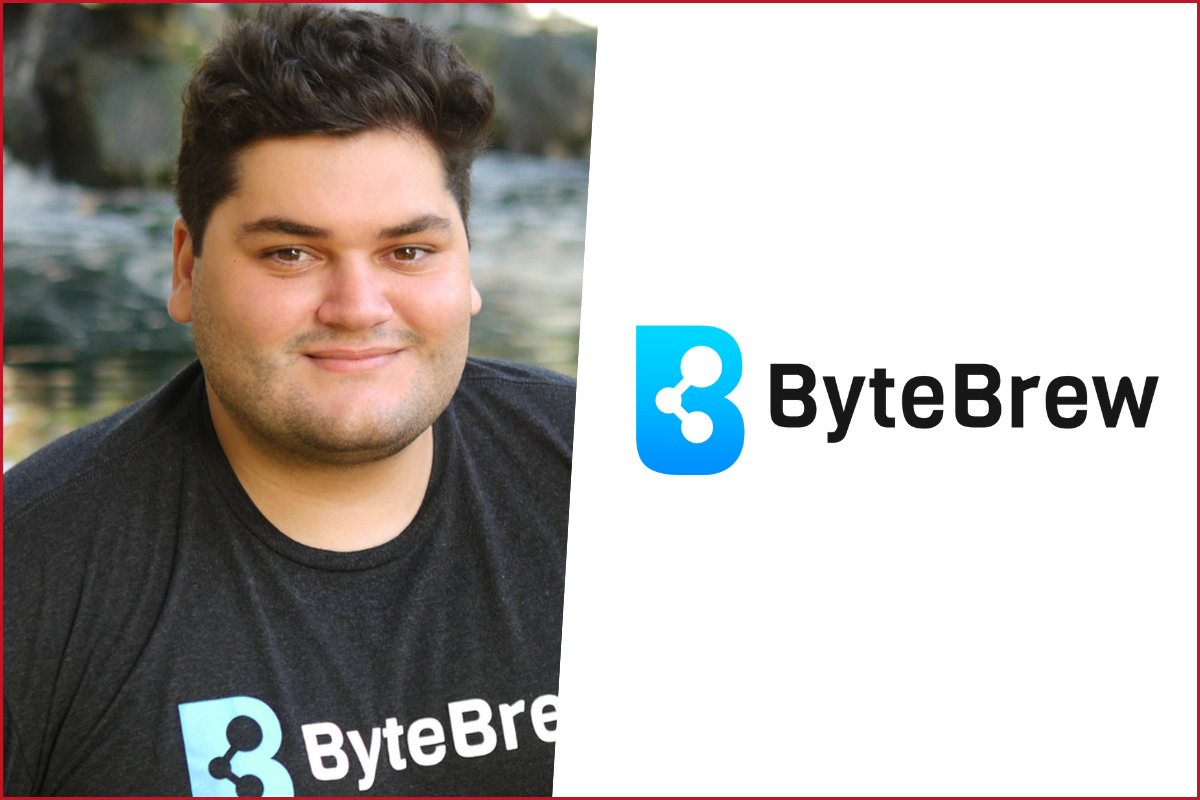Recently, ByteBrew published a piece on its blog about the main pitfalls in the traditional approach to calculating LTV that most companies and analytics platforms use.
Following this article, we caught up with ByteBrew’s CEO and technical brain behind the product, Cameron Hozouri. We asked him more in-depth questions about how to avoid common pitfalls when calculating LTV.
Why do you think metrics like ARPU and ARPDAU are still so dominant in LTV calculations?
Commonly, the infrastructure within incumbent providers doesn’t support the data necessary to compute real LTV. Platforms lack the unified architecture required to ingest and process event-level data across all revenue channels in a user’s lifecycle.
Out of necessity, studios utilize the static metrics widely available on these platforms, like ARPU and ARPDAU, to use in their LTV modeling.
When a studio shifts from regression-based LTV to real user-level LTV, what’s the biggest mindset change they struggle with internally?
The most noticeable change teams adjust to is how visually LTV looks over time. With real LTV, lines don’t always produce a uniform trend—users monetize differently from day to day and session to session—so the acceleration or plateau of the LTV slope looks different than what teams are used to seeing.
Additionally, the long tail values are distinct between the two methods. Real LTV only utilizes the actual revenue generated by players, reflecting a clear representation of where monetization tapers off, while, by nature, regression-based models introduce an upward bias in value predictions by attributing value to users who had already disengaged.
Why do you think the industry held onto regression-based LTV for so long?
Regression-based models served as a practical solution given the limitations of available tools; offering valuable insight for teams where user-level revenue data wasn’t always accessible.
Without relying on predictive regression, how does your system handle forecasting for high-value users early in their lifecycle?
While we offer the option to forecast in reports, our focus with ByteBrew LTV Reports is to provide grounded truth by computing the real-life-time value of players spanning in-app purchases, ad revenue, and custom events without projecting values – so teams can execute strategy based on actual outcomes rather than modeled predictions.
What’s a player behavior pattern your team uncovered thanks to real-time LTV that surprised you?
From a capability standpoint, what was so exciting about providing real LTV was the ability to surface monetizing patterns in player behavior that were previously unexplored.
With our LTV Reports dashboard, for example, it’s now possible to isolate the LTV of users who complete the tutorial stages of your game – then take it a step further to filter for users only on Day 0 – and dive even deeper into that analysis to identify the LTV of players who were acquired from a specific campaign.
This new layered analysis is incredibly exciting and now possible by the interoperability of data across the ByteBrew platform.
How do you prevent developers from over-optimizing for short-term LTV spikes, possibly at the cost of long-term retention or brand?
Due to the nature of regression-based models using averaged metrics, spikes in short-term monetization get normalized across the entire LTV prediction. This can contribute to overestimation, where early spending activity inflates projections well beyond when users are actually monetizing.
In contrast, ByteBrew’s LTV Reports produces lines that mirror how players are monetizing to make it simpler to identify where spikes in LTV occur, so teams can perform better data-driven decisions in their games.
As AI-native game design becomes more prominent, how do you see ByteBrew’s real-time insights adapting or integrating into those workflows?
AI systems are only as effective as the fidelity of the data they operate from. ByteBrew’s unique infrastructure delivers real-time, user-level insights that pair well with adaptive workflows teams build to update gameplay mechanics, user segmentation, and content personalization.
Studios, for instance, are already using ByteBrew’s global Remote Config delivery to deliver personalized pricing, in-game goods, and varying user experiences to their players around the world.

CEO & Co-Founder of ByteBrew





